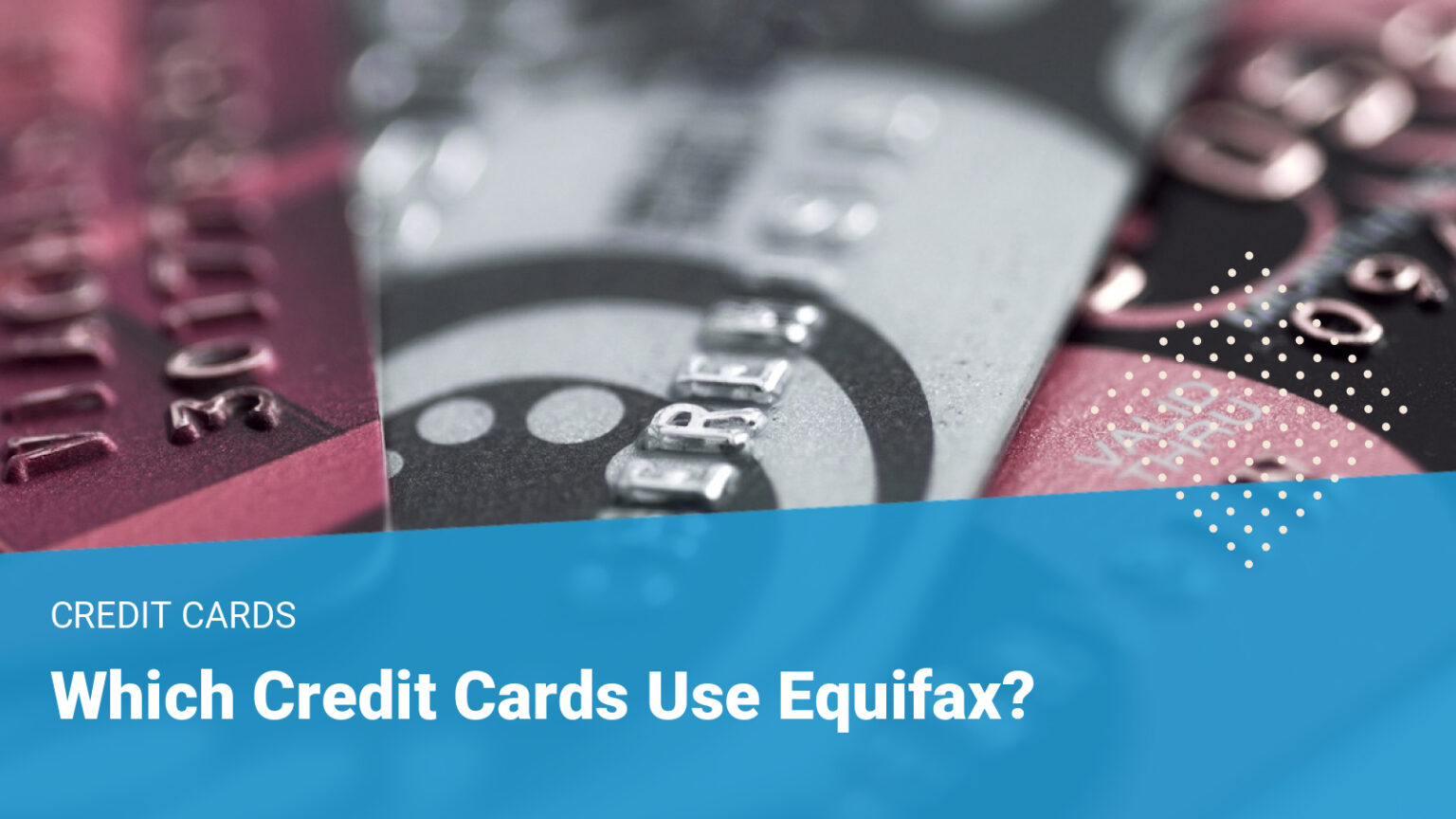Want a Coign credit card? Understanding their credit score requirements is a crucial first step. This guide navigates the often-murky waters of Coign’s eligibility criteria, offering insights into the credit score you’ll likely need and other factors influencing your application’s success. Whether you’re just starting to consider a Coign card or preparing to apply, this guide provides the information you need to make an informed decision.
Decoding Coign’s Credit Score Requirements
Coign, backed by MRV Banks, doesn’t publicly disclose its specific credit score requirements. However, based on similar cashback cards and MRV Banks’ lending practices, we can make some educated guesses.
What Credit Score Might Get You Approved?
Most cashback cards similar to Coign likely require at least “fair” credit, typically starting in the mid-600s. However, Coign’s emphasis on “conservative values” suggests they might prefer applicants with higher scores. While a score in the high 600s might be enough for approval, aiming for 700 or higher could significantly improve your odds. A score of 740 or above could be considered ideal, potentially unlocking the best interest rates and perks. Remember, Coign’s APR ranges from 15.99% to 25.99%, and your creditworthiness probably plays a significant role in determining where you fall within that range.
Factors Beyond the Score
Your credit score is a crucial indicator, but it’s not the only factor. Coign, like other lenders, likely considers your income, debt-to-income ratio, and credit history length. A stable income suggests repayment capability, a low debt-to-income ratio demonstrates responsible financial management, and a longer credit history provides a more comprehensive view of your borrowing behavior.
Improving Your Approval Odds
Boost your chances of Coign card approval by taking proactive steps to improve your credit health:
- Review Your Credit Report: Identify and dispute any errors that could negatively impact your score.
- Pay Bills on Time: Consistent on-time payments are crucial for demonstrating financial responsibility.
- Lower Credit Utilization: Aim to keep your credit card balances below 30% of your available credit.
Decoding the “Conservative” Factor
Coign’s “America’s First Credit Card for Conservatives” branding raises questions about its practical implications for credit card approvals. Does it signal stricter credit score requirements or different evaluation criteria? Currently, it’s unclear. Some speculate that “conservative” might extend to their financial practices, potentially including stricter lending criteria or lower credit limits. Further research is needed to fully understand this unique marketing approach.
What Credit Score Do You Need for a Credit Card?
Your credit score is a significant factor in credit card approvals, influencing the types of cards and terms you’ll qualify for. However, it’s not the only element lenders consider. Income, existing debt, and credit history length also play a role. Researching different cards designed for various credit profiles is essential. Pre-qualification tools can help you explore your options without affecting your credit score. For those new to credit or rebuilding, secured credit cards can provide a valuable starting point. Discover the secrets to a revitalized engine by exploring the intricacies of cleaning fuel injectors with Seafoam.
Understanding Credit Score Ranges
Credit scores are typically categorized into ranges:
- Very Poor (300-499): Secured cards are often the best option for building credit.
- Poor (500-600): Limited unsecured card options, often with higher fees.
- Fair (601-660): Access to a wider range of cards, potentially including some with perks.
- Good (661-780): Most cards become accessible, with reasonably good terms.
- Excellent (780-850): Unlocks the best interest rates, rewards programs, and premium benefits.
More Than Just Your Score
Lenders adopt a holistic approach when evaluating credit card applications. Income stability, debt-to-income ratio, and credit history length provide a more complete picture of your financial health.
FICO vs. VantageScore
FICO and VantageScore are the two main credit scoring models. While both summarize your credit history, their calculations differ slightly, which can result in different scores. FICO is the most widely used by lenders.
Pre-qualification: Risk-Free Exploration
Pre-qualification tools allow you to see which cards you’re likely to be approved for without affecting your credit score. They involve a “soft” inquiry, making them ideal for exploring options.
Building Credit with Secured Cards
Secured credit cards, requiring a cash deposit as collateral, are beneficial for those with limited or poor credit history. Responsible use helps build positive credit, paving the way for unsecured cards.
Tom Giancola, chief credit risk officer at Mercury Financial, stated that consumers typically need a FICO score in the low 600s to qualify for a basic, no-frills credit card.
What FICO Score is Needed for a Citi Credit Card?
Citi, like other major issuers, doesn’t publicly disclose its exact FICO score requirements. However, a “good to excellent” credit score, generally starting around 700, is often recommended for most Citi cards. Unlock the nuances of the Spanish verb “competir” by delving into the comprehensive guide on competir conjugation.
FICO Scores for Specific Citi Cards
While estimations vary, some insights can be gleaned for specific cards:
- Citi Simplicity® Card: A FICO score between 670 and 850 is likely required.
- Citi Rewards+® Card: A score of at least 670 is generally recommended.
- Citi Secured Mastercard®: No minimum score is required as it’s a secured card.
Remember, these are estimates, and other factors influence approval decisions.
More Than Just Your Score: Other Citi Factors
Citi also evaluates your income, debt-to-income ratio, and credit utilization. Maintaining a low credit utilization (below 30%) is generally advisable.
Building Credit with Citi’s Secured Card
Citi’s secured card offers a pathway to building credit, potentially leading to approval for unsecured cards in the future.
What Credit Score is Needed for a Credit Union Credit Card?
Credit unions, unlike large banks, don’t have a universal credit score requirement. Each credit union sets its own standards. Membership in a credit union can sometimes offer advantages, even with a less-than-perfect credit score. They often consider your overall financial health, not just a single number.
While there’s no universal requirement, understanding credit score ranges is helpful:
- 750+ (Excellent): Very high likelihood of approval.
- 700-749 (Good): High likelihood of approval.
- 650-699 (Fair): Moderate likelihood of approval.
- 600-649 (Subprime): Approval is possible, but with potential limitations.
- Below 600 (Poor/Rebuilding): Lower chances; secured cards or credit-builder loans might be more suitable.
This is a general guideline, and some credit unions may be more flexible.
Even within the same credit union, requirements vary by product. For example, Navy Federal Credit Union offers cards with varying score requirements, some needing 720 or higher. Smaller, local credit unions might prioritize local ties and overall financial responsibility.
Improving your chances involves consistent on-time payments, low credit utilization, and a longer credit history. The type of credit you hold might also influence your approval, though research on this is ongoing.
Ultimately, while a good credit score is important, it’s not the only factor for credit union credit cards. Membership, financial history, and the specific credit union all play a role.
Disclaimer: This information is for general knowledge and informational purposes only and doesn’t constitute financial advice. Consult with a qualified financial advisor for personalized guidance. Credit card information is subject to change.
- Unlock Water’s Symbolism: A Cross-Cultural Exploration - April 20, 2025
- Identify Black and White Snakes: Venomous or Harmless? - April 20, 2025
- Unlocking Potential: Origins High School’s NYC Story - April 20, 2025















